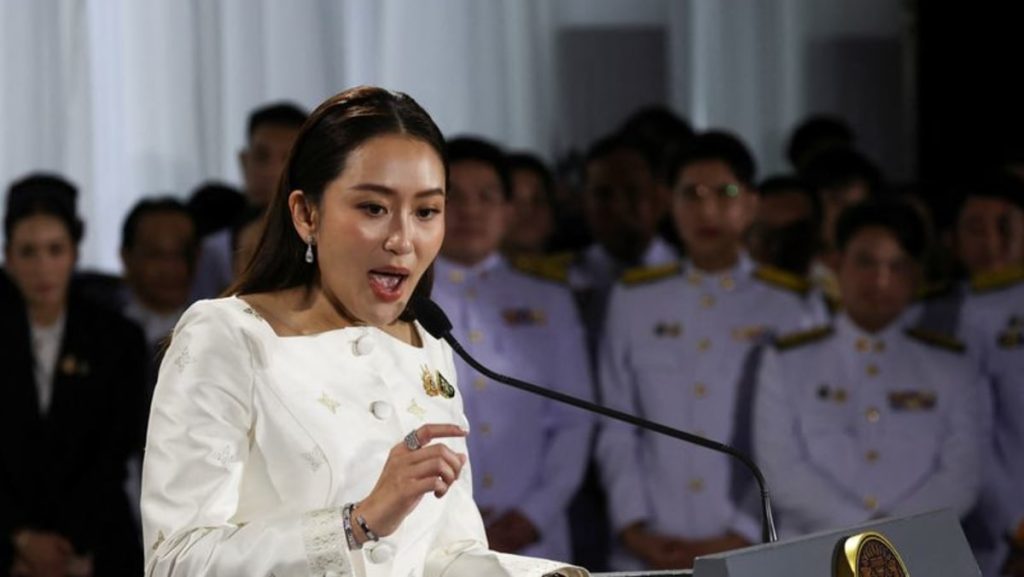Thailand’s new Cabinet is set to be submitted for royal endorsement this week, with Prime Minister Paetongtarn Shinawatra announcing the selection of ministers. The caretaker government has aimed to have the new government in place by mid-September. Reports suggest that the new Cabinet will include some new ministers and deputy ministers, while retaining current finance and foreign ministers. Sources have indicated that the government will likely have slightly more parliamentary seats than its predecessor.
Sorawong Thienthong, Secretary General of the ruling Pheu Thai Party, has stated that the new government will have more parliamentary seats than the previous one. However, he did not comment on the list of new Cabinet members. Paetongtarn was appointed as prime minister less than a month ago after her predecessor was removed from office by a court order. She is Thailand’s youngest premier and the second woman from her billionaire family to hold the post. Her father, ex-premier Thaksin Shinawatra, continues to be a major influence behind the party.
The new government has made significant changes by dropping the military-aligned Palang Pracharat party and including the Democrat Party, a long-time rival, in the coalition. The move signals a shift in the country’s political landscape and a departure from the military influence that has been prominent in Thai politics in recent years. The inclusion of the Democrat Party, which has historically opposed the Shinawatra family, indicates a willingness to work across party lines.
As the new Cabinet is finalized and prepared for royal endorsement, it is expected to face both internal and external challenges. With a mix of experienced and new ministers, the government will need to quickly address pressing issues facing the country, including a slowing economy and social tensions. The leadership of Paetongtarn, who lacks political experience compared to previous prime ministers, will be closely scrutinized as she navigates the complexities of governing a deeply divided country.
The support from Thaksin Shinawatra, a controversial figure in Thai politics, will likely play a significant role in shaping the government’s policies and decisions. His influence over the Pheu Thai Party and the new Cabinet members could impact the direction of key reforms and initiatives. The dynamic between the ruling party and its coalition partners, particularly the Democrat Party, will also be closely watched as they work together to address the country’s challenges and push for political stability.
Overall, the formation of Thailand’s new Cabinet represents a shift in the country’s political landscape and a potential turning point in its governance. With a mix of new and experienced leaders, the government will need to demonstrate unity and vision to effectively address the country’s pressing issues. The inclusion of previously opposing parties in the coalition suggests a willingness to work together and compromise for the greater good. As the new government takes shape and prepares to govern, all eyes will be on how it navigates the complex political terrain in Thailand.


